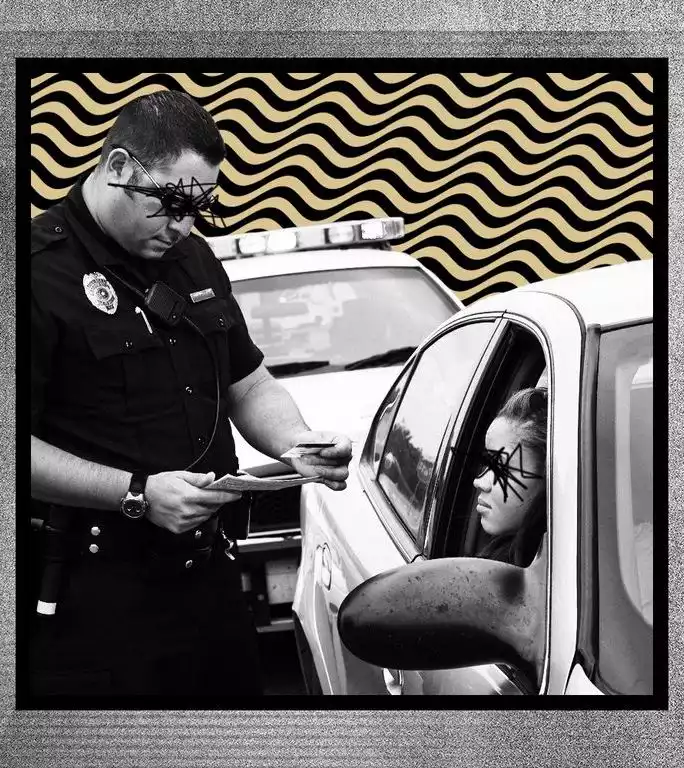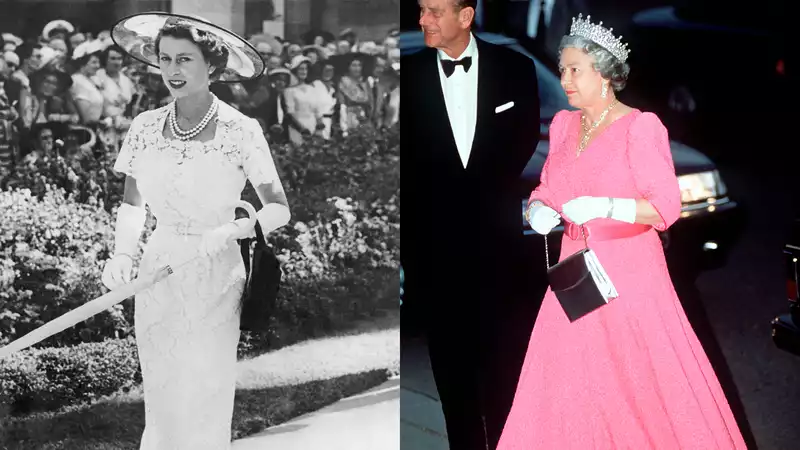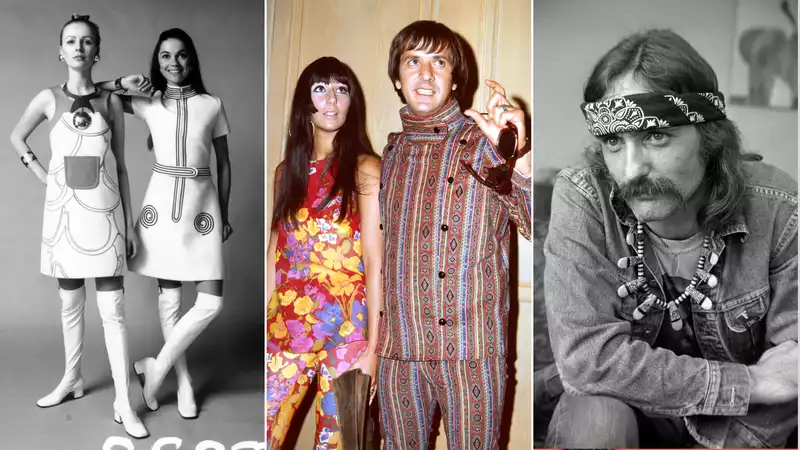This is how I feel when I'm racially profiled.
Third degree felony. That was my charge after my typical traffic stop. I was pulled over while driving my fiancée's car to work. The Porsche Cayenne was still brand new and had a temporary dealer tag. I was expecting another minor ticket for something I may or may not have done. Lately, I kept getting tickets for: needing air in my tires ("driving a dangerous vehicle") or touching the line when going around a curve ("I just wanted to make sure you were okay. Also, it's a nice car"), or I was pulled over.
But that January morning, when I was stopped on suspicion of "driving on the right side of the road," I did not expect to be questioned. I did not expect to be removed from my car or to have my car searched. Nor did I expect to be handcuffed and charged with willfully falsifying government documents - implying that I had forged a temporary license plate.
Instead of charging me with a regular traffic violation, the officer charged me with a felony as is, bypassing traffic court and pushing my case into criminal court. This charge required me to hire an attorney and could affect my ability to find employment if convicted. (Even if I am not convicted, I am afraid to look into the permanent record of my arrest.) Unless I can afford a good lawyer, a guilty verdict would mean at least three years in jail.
Fortunately, before my criminal trial date, the prosecutor dropped the felony charges (I only learned of this reality in a letter mailed home a week later). As a result, I was fortunate to be able to afford the $600 court costs and the ticket, which included an illegal U-turn, which was totally impossible where I was driving.
Although I appeared to be successful in court, I did not walk away from the experience unscathed. The arrest made me doubt myself and my prospects. In the weeks that followed, I wondered if I was a good person. I constantly ruminated on mistakes, old and new, and pondered each lie I had recently told. I blamed myself for the times I failed to say the right thing. [Since karma is meant to protect law-abiding citizens, I must have given off some bad vibes in the process. I was always aware that black and brown people were profiled, but somehow I thought I was the exception. I am not the stereotypical black woman: my demeanor is quiet. My demeanor is quiet. My skin is light brown, and people suspect I am mixed-race.
I do not fit the "profile." I surf and I ski. I own all of David Sedaris' books. My latest splurge was floor seats at a Celine Dion concert, and my international travel companion is a pink-haired Vietnamese woman.
Still, I am black.
After my arrest, I examined my inner dialogue. Many of my Black family and friends are uncomfortable being the only person of color in certain spaces. Was I flawed for not having such trepidation when I entered those spaces? Was I wrong to be optimistic that I would not be profiled because of my taste in books, music, or travel? "I did not want to have such fears, but after my arrest, I understood well that many people have such fears because of the trauma and experiences of their loved ones . [17] [18] The Pew study found that blacks with college degrees were more likely to experience discrimination than blacks with only a high school education. One explanation for this is that upward mobility places blacks in a white-dominated environment. It also explains why 70% of college-educated blacks feel that they are viewed suspiciously by others.
What percentage was Christian Cooper (open in new tab)? Was he pensive while birdwatching in Central Park? Or was he alert despite the fact that he "didn't fit the profile"? And what about Ahmoud Arberry (open in new tab), who was attacked and killed while jogging in his own neighborhood.
Because of these personal and social upsets, I was unable to share my experience of being arrested with my black family and friends. I didn't want them to say "I told you so" or "everyone hates black people". I didn't want to be told that I had made a mistake in trusting whites all these years. Most of my life has been colored by well-meaning white people who see me as no different from them. Yet, I never told my white friends about this experience. I figured they would understand that most of them could go through life without having to worry about being arrested. Most of them don't have to fear having their hands and feet tied when they are fingerprinted. Besides, I didn't want them to think about whether I did anything wrong in the first place, or whether I did anything to get that officer's attention that day. (It is possible to be considered suspicious while minding your own business. Think of Breanna Taylor (open in new tab)).
I didn't fall into a hole because my fiancé recognized me and understood my decision not to tell anyone. My white therapist worked hard to make sure I didn't devalue myself. Eventually, I told a few close friends, including a white ally, and they supported me.
I wonder what would have been said about me if my day had taken a tragic turn" Armo Arberry's mother was told he was shot after a burglary. Assumptions about the fake $20 bill were used to convict George Floyd.
Months after his arrest, he still gets nauseous when he sees a police car driving behind him. I can still feel my knees shaking as I pleaded with the officer to let me go to work. We were standing on a busy street a few blocks from my father's former home in a mostly white neighborhood on the upper middle class side of town. I wondered what passersby thought when they saw the cops ransacking my car. Was I listening to Celine Dion or reading David Sedaris? My gut feeling is that all they saw was a black girl who had been captured. *For reasons of safety and privacy, I have withheld her last name.
.






Comments